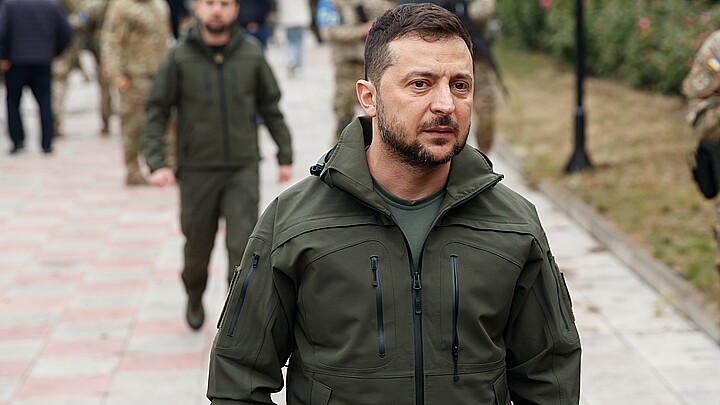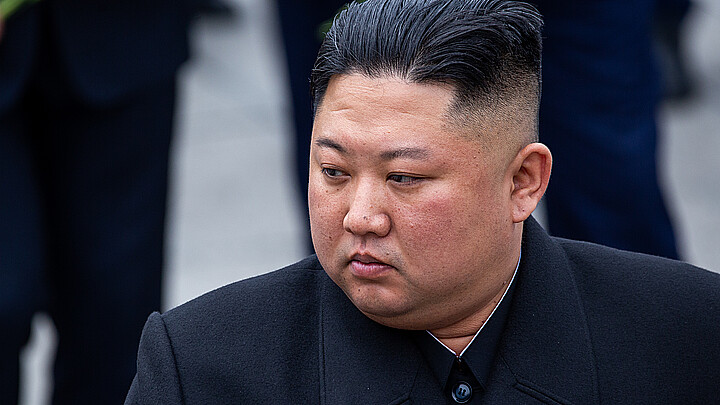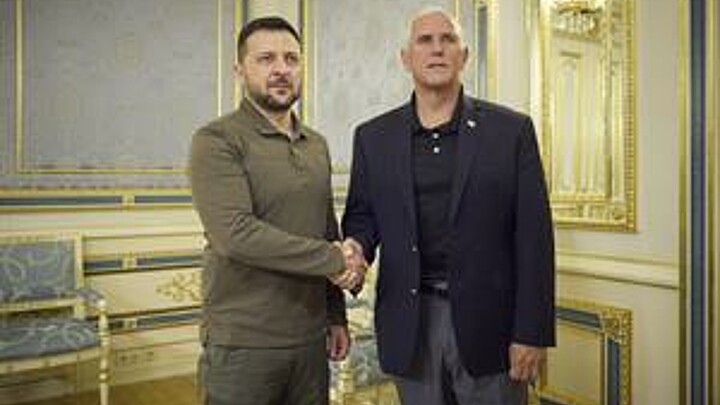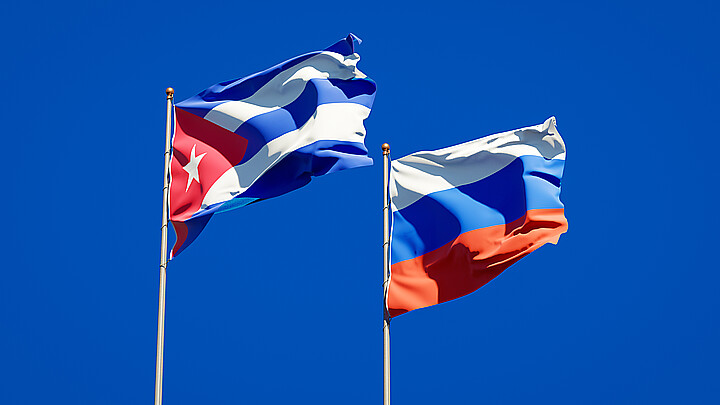Politics
U.S. and Canada announce Arctic military exercises amid rising Russia tensions
The United States and Canada announced Tuesday that they would be conducting joint military exercises in the Arctic amid growing tensions with Russia over its invasion of Ukraine. The North American Aerospace Defense Command said the air defense drills were intended to test its ability to “respond to both aircraft and cruise missiles” threatening the continent.
March 20, 2022 11:36am
Updated: March 20, 2022 12:28pm
The United States and Canada announced Tuesday that they would be conducting joint military exercises in the Arctic amid growing tensions with Russia over its invasion of Ukraine.
The North American Aerospace Defense Command said the air defense drills were intended to test its ability to “respond to both aircraft and cruise missiles” threatening the continent, reports The Guardian.
Operation Noble Defender is a semi-regular exercise held by the U.S. and Canada to stress-test their aircraft that monitor the region and their missile defense capabilities, according to Foreign Policy.
The exercise has taken on new importance amid Vladimir Putin’s aggression in Ukraine, especially the attention the Russian president has showered on his nuclear arsenal – sending Moscow the message that the U.S. and its allies are prepared for any spillover of tensions from Ukraine.
Gen. Wayne Eyre, the chief of Canadian defense staff, said it was “not inconceivable that our sovereignty may be challenged” from the Arctic region and that Canada needed to closely watch Russian action elsewhere.
Russia has one of the longest northern coastlines of any Arctic-adjacent state, which Moscow sees as an untapped source of gas and oil. It has expanded its military presence in the Arctic in recent years, including an incident two years ago where a pair of Russian bombers crossed into Canadian airspace before turning back.
Critics note that Russia has little incentive to show aggression in the Canadian arctic.
“[Russia’s] the largest country in the world and it has considerable Arctic resources of its own. There’s nothing in Canada that Russia doesn’t have,” Michael Byers, a political science professor at the University of British Columbia who focuses on Arctic issues, told The Guardian. He also added that Canada has the added security of NATO membership.
Russia also holds the rotating presidency of the Arctic Council, a regional body overseeing the region’s governance. The group’s seven other countries – Canada, Finland, Denmark, the U.S., Iceland, Norway and Sweden – announced they would be boycotting future meetings in Russia after the outbreak of the Russian invasion of Ukraine.










